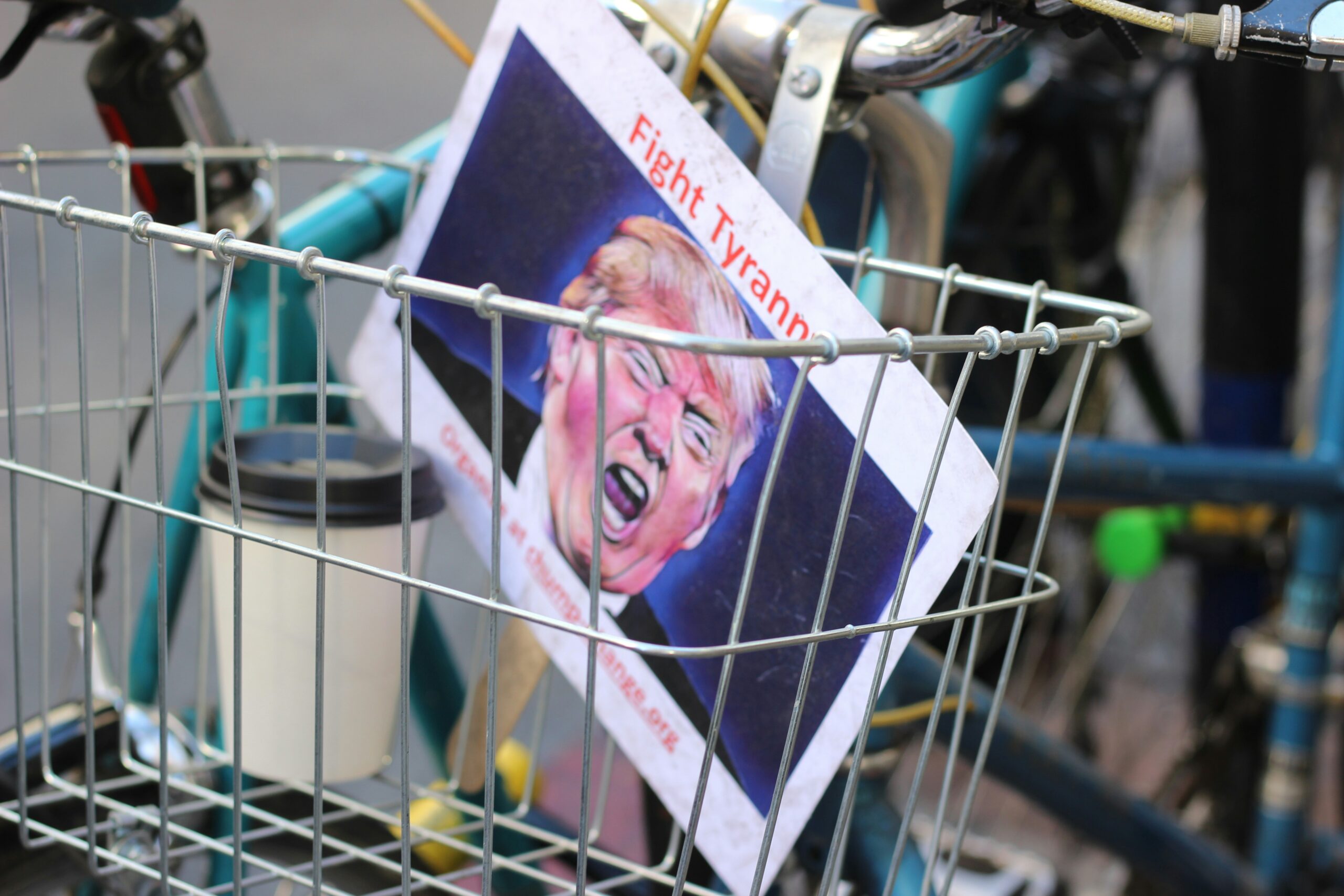
No stranger to controversy and now the courtroom, former president Donald Trump has certainly made a name for himself. For better or for worse, the businessman and politician has earned a reputation for doing things his way, both on the campaign trail and in the court of law.
Trump faces a total of 91 charges ranging between four separate cases: his involvement in the January 6th insurrection, racketeering in Georgia, falsifying business records in connection with a payoff to Stormy Daniels to cover the tracks of their affair and concealing classified national security documents in his Mar-a-Lago resort.
One glaring commonality in these cases, besides, of course, Trump’s disruptive courtroom behaviour, is the defence’s effort to postpone the trial, presumably until after the next election. If, by which point, Trump were to become president, he would have the authority to order the charges to be dismissed. It makes sense, then, that his lawyers claim that if he committed any crimes while in office, he cannot be prosecuted under presidential immunity.
This appeal has already been struck down unanimously, with the Court of Appeals stating that ‘former President Trump has become citizen Trump, with all of the defences of any other criminal defendant’. The Trump defence could raise the matter to the Supreme Court, where conservatives hold a 6-3 majority. Neal Katyal, a prominent and experienced lawyer, tweeted that ‘Trump’s argument is so weak and the Court of Appeals’ decision so thorough and well done, I can see SCOTUS voting not to hear it’.
It appears that special counsel Jack Smith is unwilling to take such a risk.
In a statement, Smith urged the Supreme Court not to delay the case against Trump as he pursues this appeal, stressing the vital public interest in seeing him stand trial. Whether Trump’s team of lawyers genuinely believe him to be immune or if this is another attempt to postpone the trial date is unclear; however, Trump himself certainly doubled down on his legal position in his address in South Carolina.
In his speech, the Republican nominee maintained that he did ‘absolutely nothing wrong’ . In reference to those supposedly ‘unfairly imprisoned for long periods of time’ after the January 6th insurrection, the former president claimed that America continues to punish ‘people who love our country’ rather than punishing the ‘radical left terrorists’. He added, ‘We are a third world nation now, that has weaponised its law enforcement against the opposing political party’.
The most noteworthy statement in the address, however, has to be Mr. Trump’s claim that he is ‘being indicted for you’’ and that he is ‘delighted to be doing it’. The assertion that Trump is a martyr figure for his cause is not a new one, with claims of a political witch-hunt being the commonplace for the defence of the Trump campaign. What makes this claim stand out is Trump’s nonchalant attitude combined with the timing of his presidential immunity appeal.
This is symptomatic of the arrogance of the American far right and their self-identification as protectors of Americans’ freedoms. Trump’s manufactured martyrdom is theoretically a cause for his supporters to rally behind him. Despite this, if the Supreme Court were to overturn the Court of Appeals ruling, it would set a dangerous precedent that anyone who has held office is immune from prosecution, regardless of the crime committed. It seems that in this case, the ‘freedom’ being defended is the freedom for people in positions of power to evade accountability.
Image: Donald Trump Paper Inside Bicycle Basket by Samantha Sophia, 2017 // CC BY 2.0 DEED



Brilliant article!! Looking forward to the next
[…] covered the legal proceedings against the President Elect in April of this year and now, knowing the results of the Supreme Court’s ruling, as well as the US election and […]